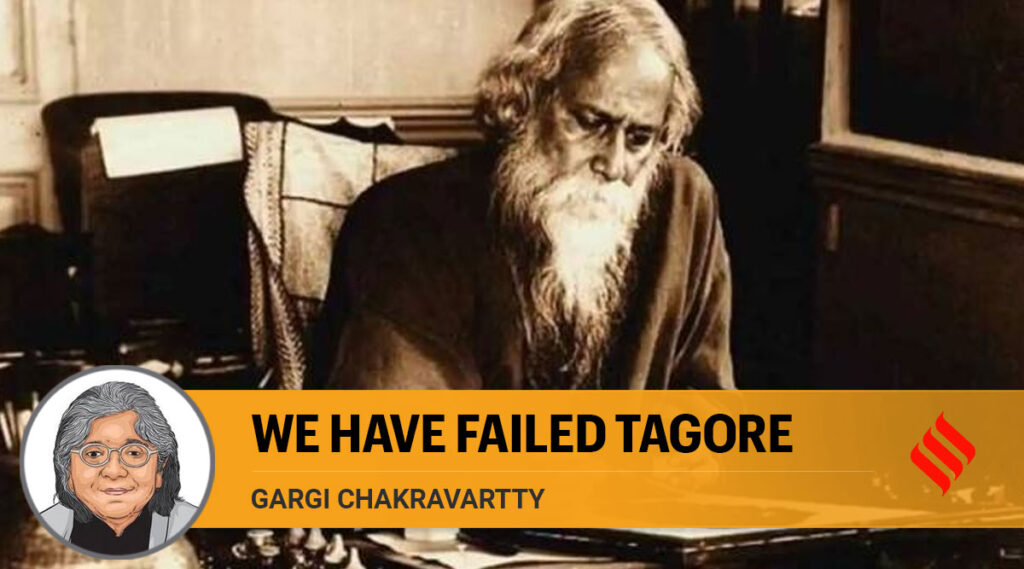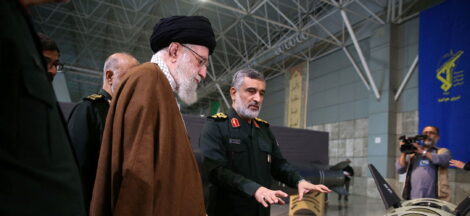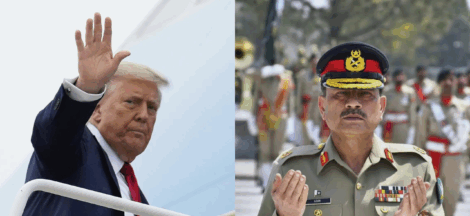By Gargi Chakraborty
This 184th Birth anniversary of Tagore on May 8-9 (25th Baishakh – Bengali calendar) coincides with the Victory Day-meaning the end of German fascism 80 years back Also this is time when India and Pakistan are engaged in a war once again. It is in fact the perfect moment when one would want to focus on his vision of true internationalism, which has been mired with the jingoistic ultra nationalist feelings that has been whipped up by a part of our political society.
Santiniketan was set by Rabindranath as a ‘University’ with his concept of universalism and vision of internationalism. Visva Bharati was an effort to establish an international ensemble of cultural and ideological exchange. He placed this idea on December 22, 1918 and the first international university in our country was formally inaugurated in 1921, at the time of Gandhiji’s non-cooperation – Khilafat movement. Sarvepalli Radhakrishnan had explained Rabindranath’s vision on Visva Bharati, when he wrote – “His Visva Bharati is an international university… In this institution he tried to impart the background of internationalism and help the students to realise ‘the true character of our interlinked humanity and deep unities of our civilisation in the West and the East.”
His deep intimacy with C F Andrews opened a new paradigm in his relationship with West and also with the East. His idea of nationalism had a narrow creed. “I love India but my India is an idea and not a geographical expression. Therefore I am not a patriot. I shall seek my compatriots all over the world.”
Andrews expressed his happiness and stressed while talking to Tagore that the harmony of their friendship had brought to him ‘the greatest thing of all – the sense of largeness and freedom.’ And this freedom of mind and quest for largeness made Tagore a critic of nationalism. His lecture in Seattle in USA in 1916, later published in 1917 under the title Nationalism, explicitly explained his vision of nationalism. He said: ‘India has never had a real sense of nationalism. Even though from childhood I had been taught that idolatry of the nation is almost better than reverence for God and humanity. I believe I have outgrown that teaching, and it is my conviction that my countrymen will truly gain their India by fighting the education which teaches them that a country is greater than the ideas of humanity.’
Rabindranath’s strong conviction in the ‘unity in human society, regardless of race, colour and creed’ made him tell Gandhi: “The whole world is suffering from a cult of selfish and short-sighted nationalism”.
Rabindranath out of his true humanism opposed Fascism and Nazism from the core of his heart. The holocaust of the Second World War made him write his booklet titled Crisis in Civilisation. Much before with the rise of Hitler, Tagore wrote to C F Andrews a frank confession of his mind: “…The methods and principles of Fascism concern all humanity and it is absurd to imagine that I could ever support a movement which ruthlessly suppresses freedom of expression, enforces observances that are against conscience, and walks through a blood-stained path of violence and stealthy crime. I have said over and over again that the aggressive spirit of Nationalism and Imperialism, religiously cultivated by most of the nations of the West, is a menace to the whole world.” (Manchester Guardian, August 5, 1926)
In 1927, French intellectual A B Rolland sent Tagore to sign a declaration titled ‘To the Free Spirits’ against Fascism. Tagore was delighted to receive this memorandum. He not only signed but wrote to Barbouse Rolland – “I rejoice at the fact that there are individuals who still believe in a higher destiny of man, proving in their suffering the deathless life of the human soul ever ready to fight its own aberrations.”
Tagore was extremely disturbed at the aggression of Nazi Germany of Soviet Union on 22 June, 1941. From the deathbed he was enquiring about the course of the war, and when it will come to an end. This was revealed to Prasanta Chandra Mahalanobis, who narrated the anecdote in the Visva Bharati journal.
Today we miss a personality like Tagore who had a wide vision of internationalism and was beyond the concept of sectarian majoritarianism, religious fanaticism and narrow nationalism. Only regret, his teachings and preachings are not read widely, may be by a mere microscopic minority. (IPA Service)




 India-Pakistan War Is Becoming Costly To The Economies Of Both Countries
India-Pakistan War Is Becoming Costly To The Economies Of Both Countries 